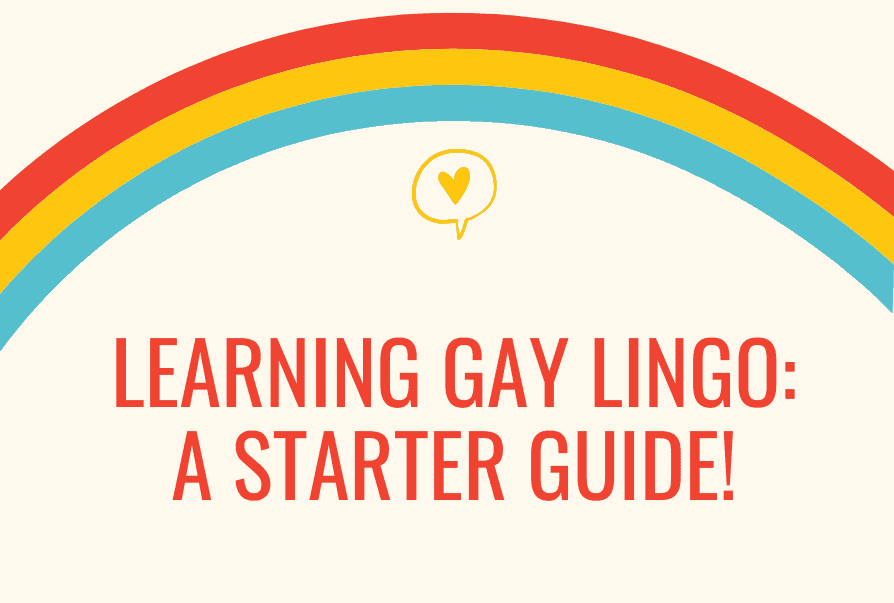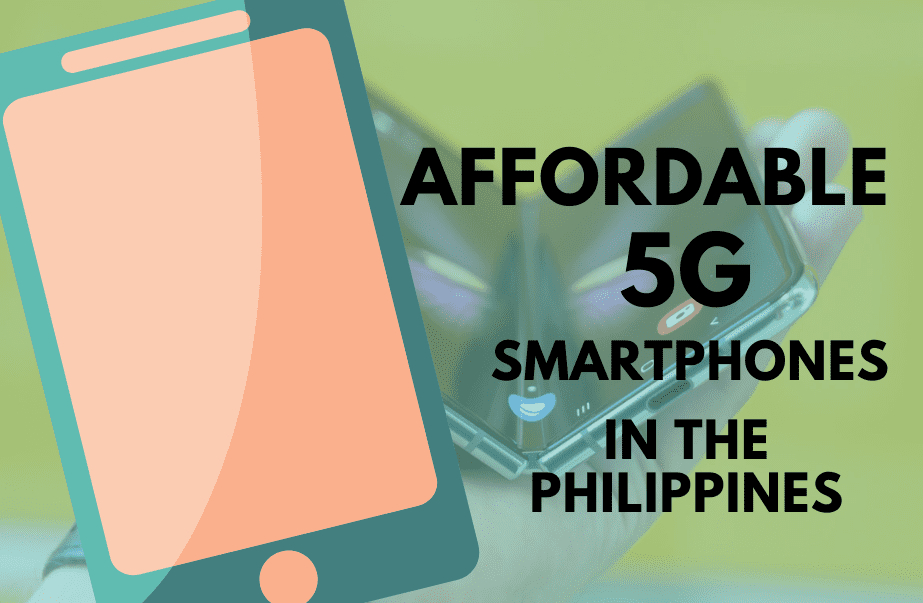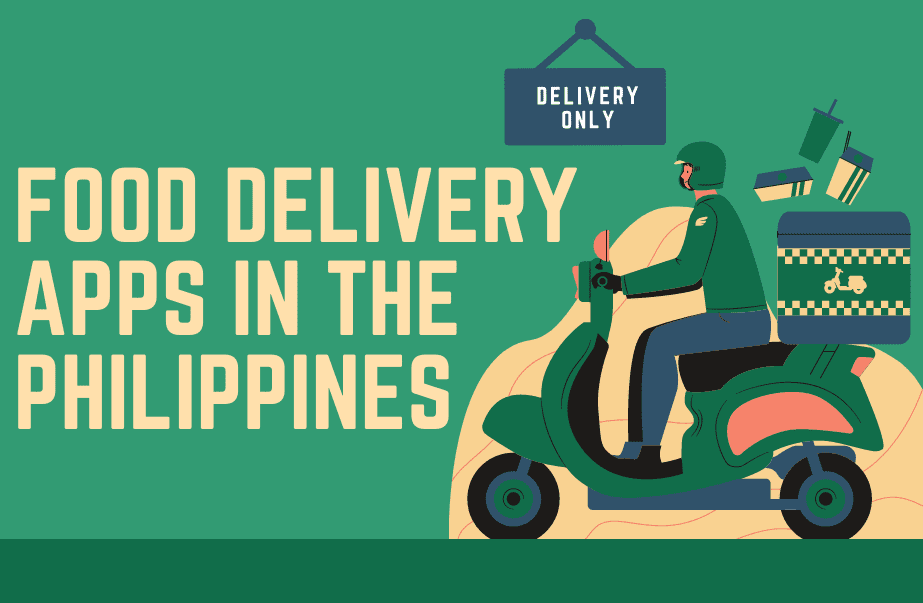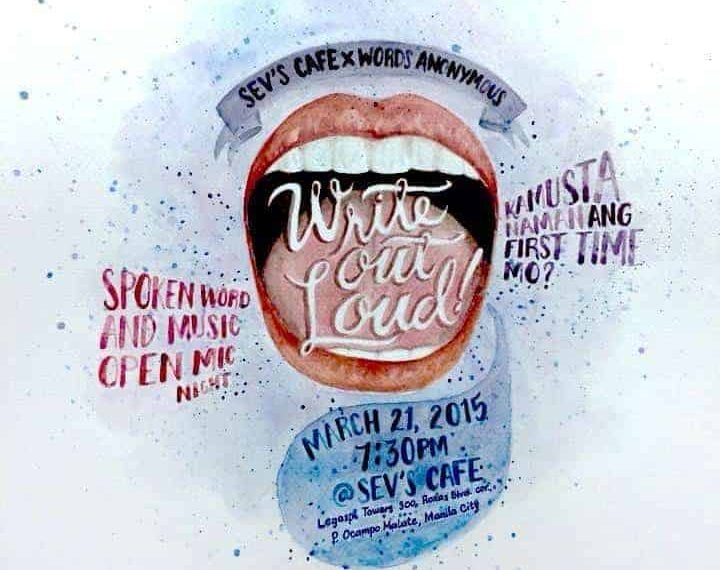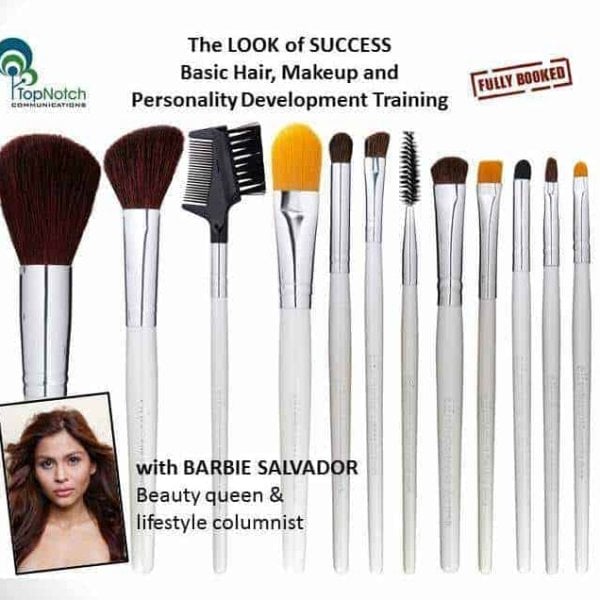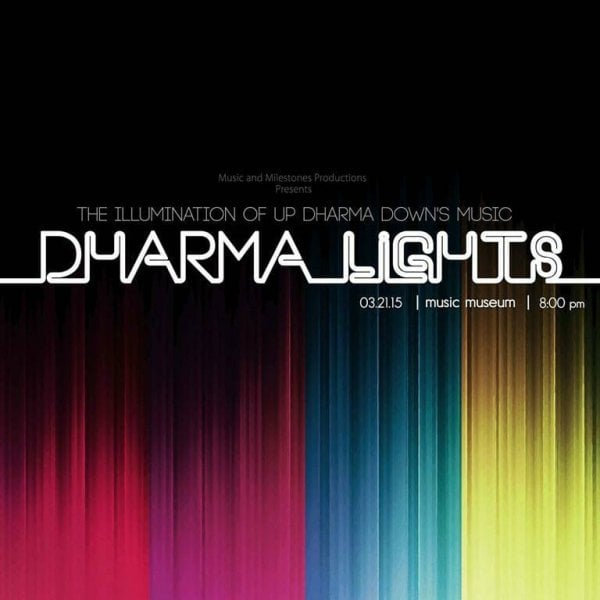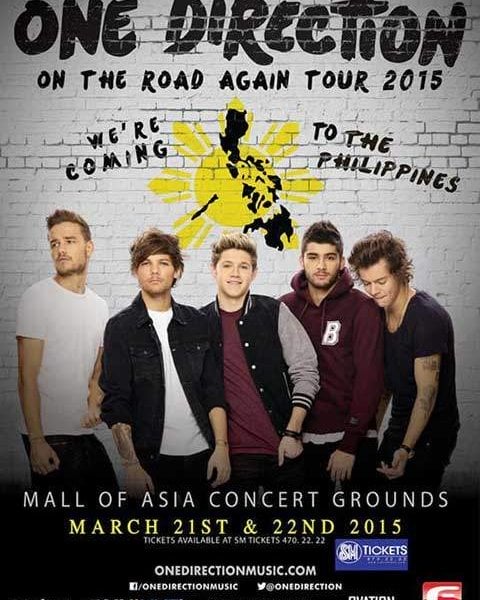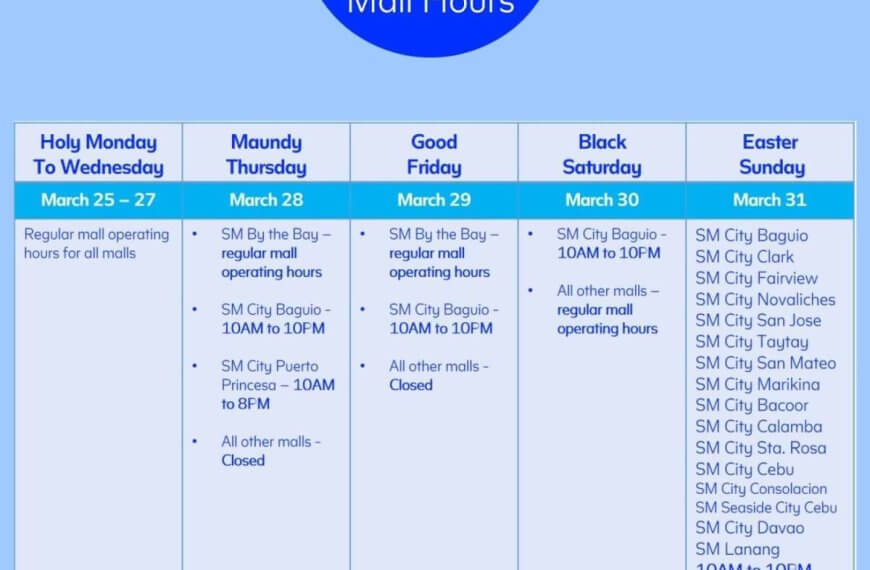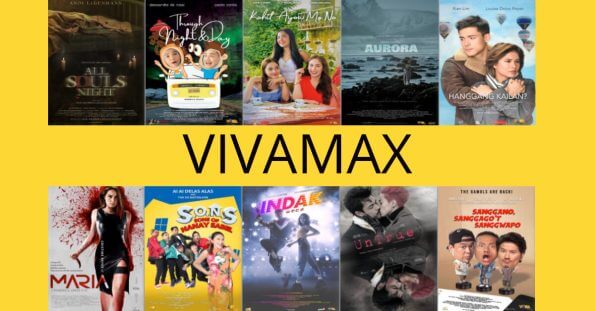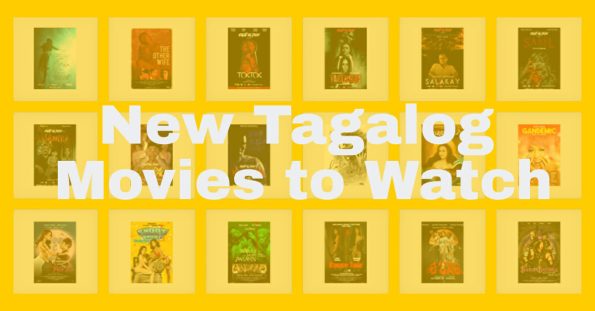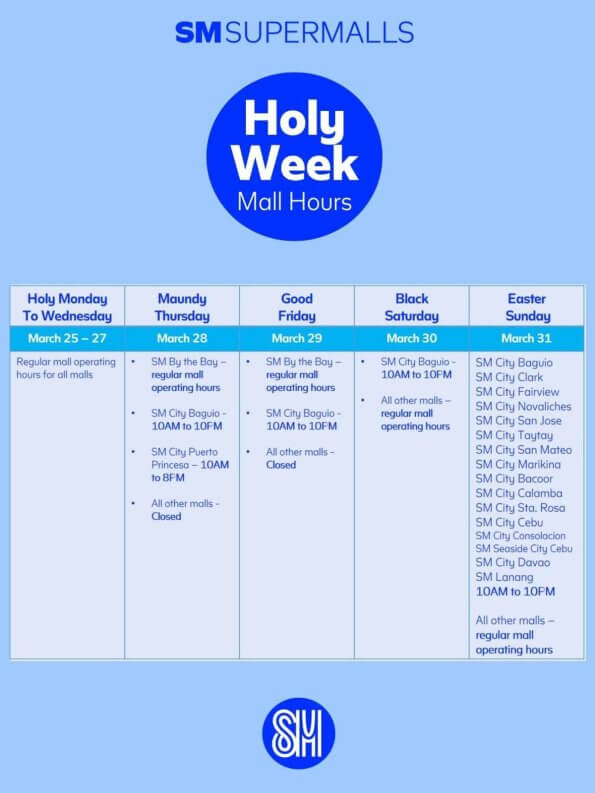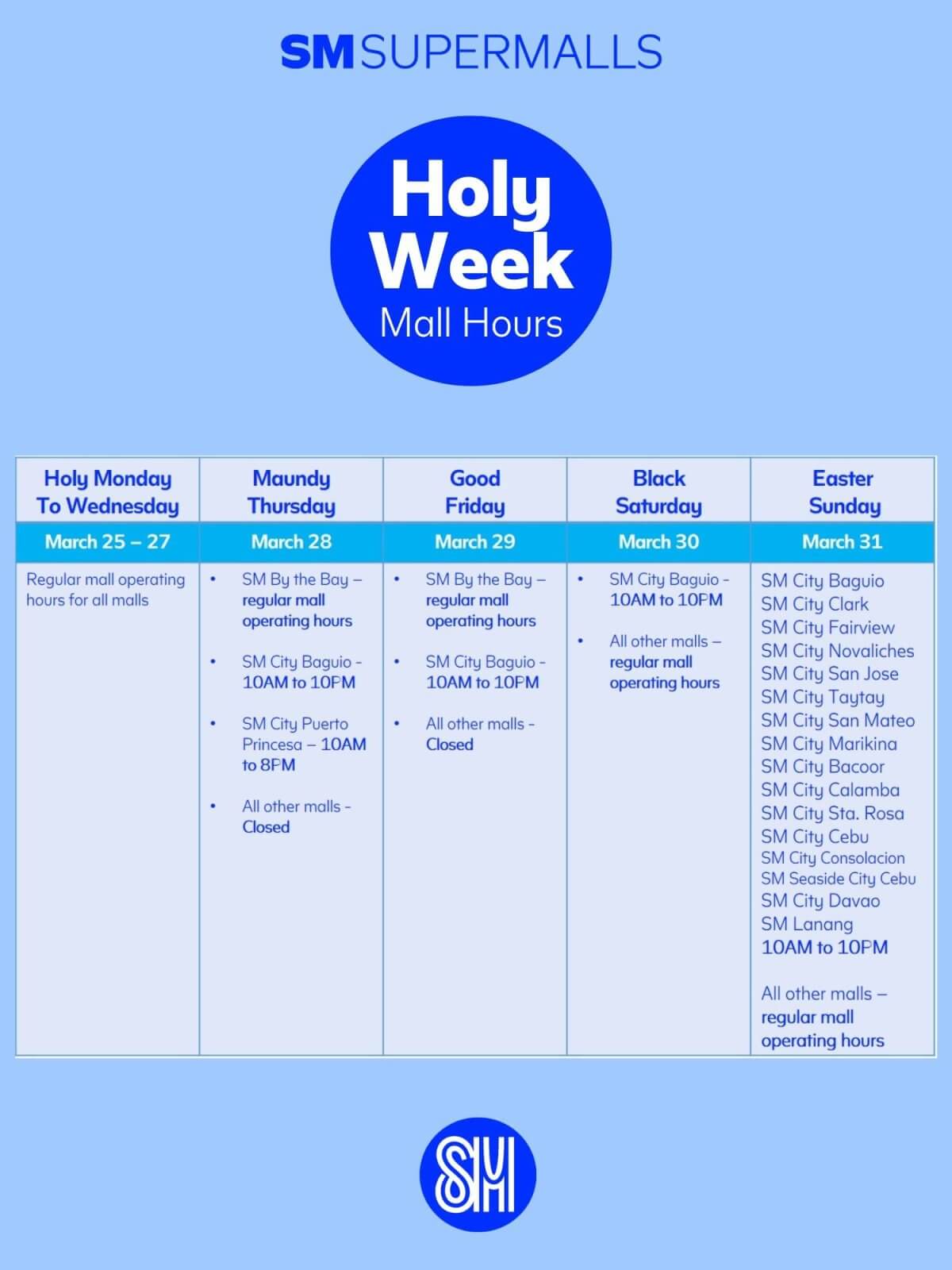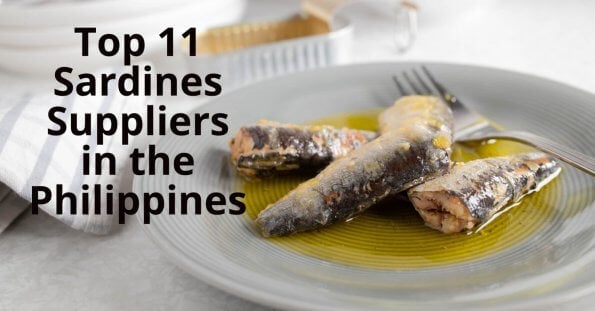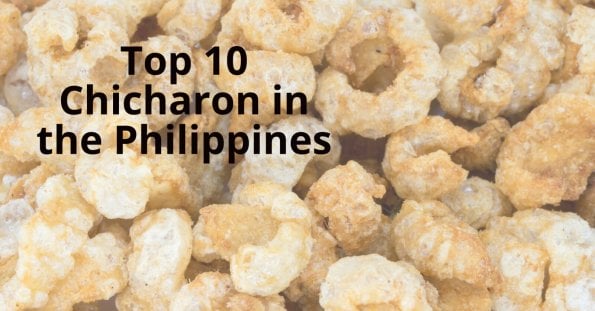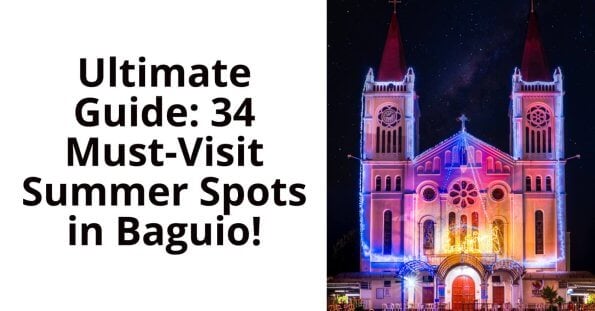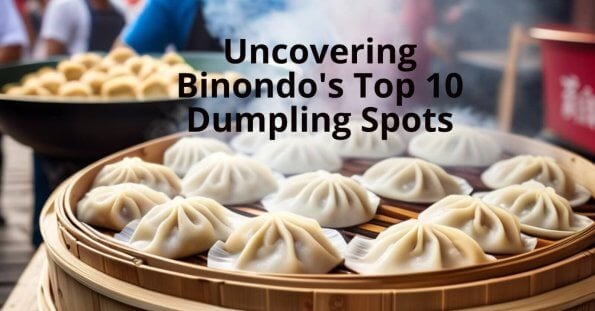Nakakalurkey itech,neuro akesh , ay bongga pak na pak! (I’m shocked, I’m blown away, and it’s extravagant and great.)
This LGBT speak or gay lingo is commonly known as BEKI SPEAK in the country. Terms can be used in everyday situation conversations. Gay lingo sometimes has an intimate conversation, to avoid people around them or protection for virgin ears.
In the Philippines, there is a long way to go for LGBT rights but still, the country is now paying its respect to the community.
The language is so confusing to hear when they talk too fast or use their language (BEKI WORDS). Here are some words to enlighten you.
- Indiana Jos, not the movie we watch. (Not showing up)
- Keri – Not the actress name but (It’s Okay)
- Trulili – It is not the water lily (It’s True)
- Haggardo versoza – It is not the actor’s name (Tired and haggard)
- Gutom jones – Hungry
- Jinit jackson – It so hot (pertaining to the weather)
The Gay lingo has no rules, as long the construction of the words concerned its evolution to break their subculture.
- Chaka – means Cheap (champaka, chapacola, or chararat to champorado, chapluk, chapa, chop suey and champola.)
Late 1970’s some gays referred to themselves as BONGGA (extravagant). These signs were used widely even in popular music and on television.
- Aketch or Akis – refers to I or one’s self.
- Watash or anetch – which means asking WHAT?
- Charot or Cheret – used of “just kidding”
- Chika – some to talk
- Echosera – to those delusional (tsismosa) who make gossips
- Hanash – occurring and events, issue means saying a lot of things
- Bes or Beshy – endearment word for Best Friend,
- Kabog- which means “to lose” Everyone
- Awra– is to attract attention.
- Jubis or majubis – referring to fat /to be fat.
- Shuta -it’s a curse or beki curse shit and p*ta it combines into one.Sometimes they used to talk with friends for endearment but most of it was cursing someone or insulting them.
- Ana or anaconda or ahas – not referring to a snake ( symbolize a Traitor)
- Gurlalo or pechay – girl or lady
- Kapilang- mistakes
- Hammer – prostitute or callboy
- Chiminey cricket or chimay – Maid
- Backstreet boys – a cute guy in the back
- Boyband – a big fat guy just like a pig
- Givenchy – Give
- Buya – a shame , shame
- Gardini – security guard
- Feelanga -Crush
- Blusang itim – A gu]ay who get beautiful from the salon
- Oprah Winfrey, O.P.M. – oh, promise me, pangako, utang/ debt
- 48 years – sobrang tagal/so slow
- Katol – mukhang katulong/ looks like a maid
- Otoko- lalaki na lalake/ hottie or real man
- Pranella – praning/ crazy
- Oblation – naked
- Thundercats – matanda/oldies
- Francine prieto, pransya – may sayad/ crazy person
- Cryola – cry
- Ikura – how much
- Kadley – to walk
- Yamey – later
Some gay language is forbidden due to intimate word like:
- Halls – Blowjob
- Felix Bakat – the pen1s of the man form well of his pants
- Biogesic – mast*rbate
- Bonamin – anal s3x
- Pokish – slutty
- Makiyawti – smells bad
Let hear some song the way the Gay sings
Bubukesh and flowerret, jojosok ang reyna na, shochurva ang chacha, pajempot jempo fah, Boom tiyayavush chenes
It’s a song written by a female group in the Philippines. It’s funny to hear, but it’s gay language.
Why do gays use gay speak at all?
It is fun to talk to gay. Their language is the source of their self-expression and self-affirmation. Their creations of words are less painful to hear. To call them Bakla, Bayot, Bading, etc., are all synonyms for the GAY.
In the end, a liberating space may be opened for gay people to share their longings and experiences. Would you not agree that life is lighter and more enjoyable when we have one gay friend in the group? Surely the laughter cannot be contained and everything is plain fun.
Gay lingo is an interesting language that involves different ways to communicate and quite amusing. It is open to the gay community to speak about their own emotions and feelings and express their experiences. They are still human and need acceptance in this world we are living in. It’s a great feeling for the LGBT community and they will surely say.
Pak na pak! achieve na achieve bakla!
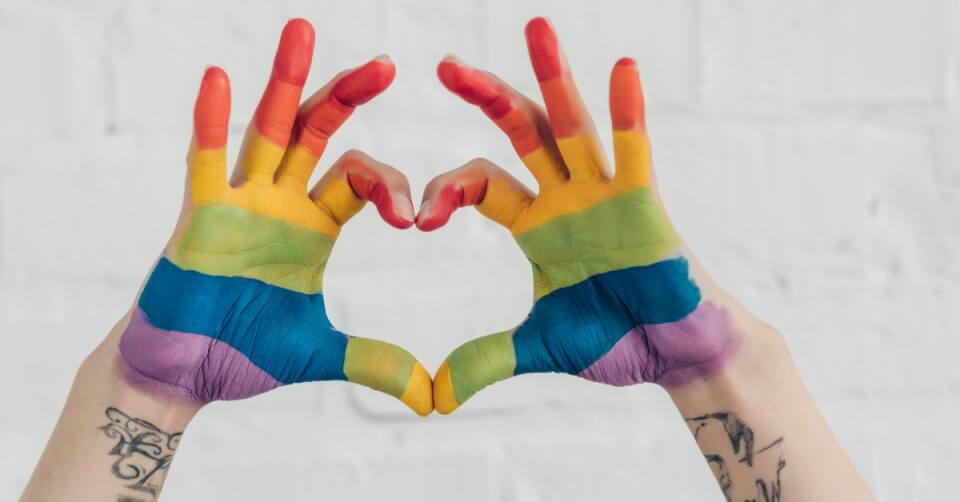
So there are words that may not be included in this list but lets go and explore more words from other parts of the world
- Drag queen – a performer who dresses in flamboyant or exaggerated female clothing and makeup for entertainment purposes.
- Gaydar – the ability to perceive whether someone is gay or not based on their appearance, mannerisms, or behavior.
- Kiki – a social gathering of LGBTQ+ people, often with music, dancing, and laughter.
- Queer – a term that has been reclaimed by some members of the LGBTQ+ community as an inclusive and non-binary umbrella term for all non-heterosexual and non-cisgender identities.
- Rainbow flag – a symbol of LGBTQ+ pride, representing diversity, inclusivity, and acceptance.
Other terms you may wish to know:
- Bear – A term used to describe a larger and hairier gay man, often with a rugged appearance and personality.
- Camp – A way of behaving or speaking that is seen as exaggerated, theatrical, or effeminate, often used for humor or entertainment.
- Femme – A term used to describe someone who identifies with feminine characteristics or behaviors, regardless of gender identity or sexual orientation.
- Lavender language – A term used to describe the use of coded language and euphemisms by LGBTQ+ people to discuss taboo subjects or avoid persecution.
- Top and Bottom – Used to describe the preferred sexual position during anal intercourse, with the top being the penetrative partner and the bottom being the receptive partner.
- Non-binary – A term used to describe individuals who identify as neither male nor female, or who identify as both male and female simultaneously. Non-binary people may use a variety of pronouns, such as they/them or ze/hir, and may present in a variety of gender expressions.
- Pansexual – A sexual orientation that describes individuals who are attracted to people of any gender identity or expression.
- Transgender – An umbrella term used to describe individuals whose gender identity or expression differs from their sex assigned at birth. Transgender people may choose to transition to their preferred gender in a variety of ways, such as medically, socially, or legally.
- Ally – A term used to describe individuals who support and advocate for the rights and well-being of the LGBTQ+ community, even if they do not personally identify as LGBTQ+.
- Out – A term used to describe individuals who are open about their LGBTQ+ identity to others.
- Queerplatonic – A type of non-romantic relationship that involves a close emotional bond and intimacy without the sexual or romantic component typically associated with traditional romantic relationships.
- Werk – A term used to express approval or encouragement. Similar to saying “good job” or “well done”.
- Slay – A term used to describe someone who is killing it in all aspects of life. Similar to saying “crushing it” or “slamming it”.
- Hunty – A combination of “honey” and “c*nt”. A term of endearment between close friends.
- Yas Queen – An expression of excitement and approval. Often used to show support for a friend’s accomplishments.
- Snack – A term used to describe someone who is attractive. Similar to saying “eye candy” or “a dime piece”.
- Wig – A term used to express shock or surprise. Similar to saying “mind blown” or “I can’t believe it”.
- T – A shortened version of the word “truth”. Used to express agreement or to emphasize a point.
- Tea – A term used to describe gossip or juicy news. Similar to saying “spill the tea” or “dish the dirt”.
- Bussy – A slang term used to describe a gay man’s anus. Often used in a sexual context.
- Daddy – A term used to describe an older man who is attractive and confident. Often used in a flirtatious or sexual context.
- Snatched – A term used to describe someone who looks amazing, often referring to their makeup, hair, or outfit. “Girl, your makeup is snatched today!”
- Tea – Gossip or juicy information, often shared in a conspiratorial or dramatic tone. “Girl, spill the tea! What happened last night?”
- Yass – An enthusiastic expression of agreement or approval, often used to show support or excitement. “Yass queen, you’re slaying it!”
- Bop – A term used to describe a great song or musical track. “This new Lady Gaga bop is everything!”
- Wig – An expression of disbelief or shock, often used when something amazing or unexpected happens. “When I heard the news, my wig was snatched!”
